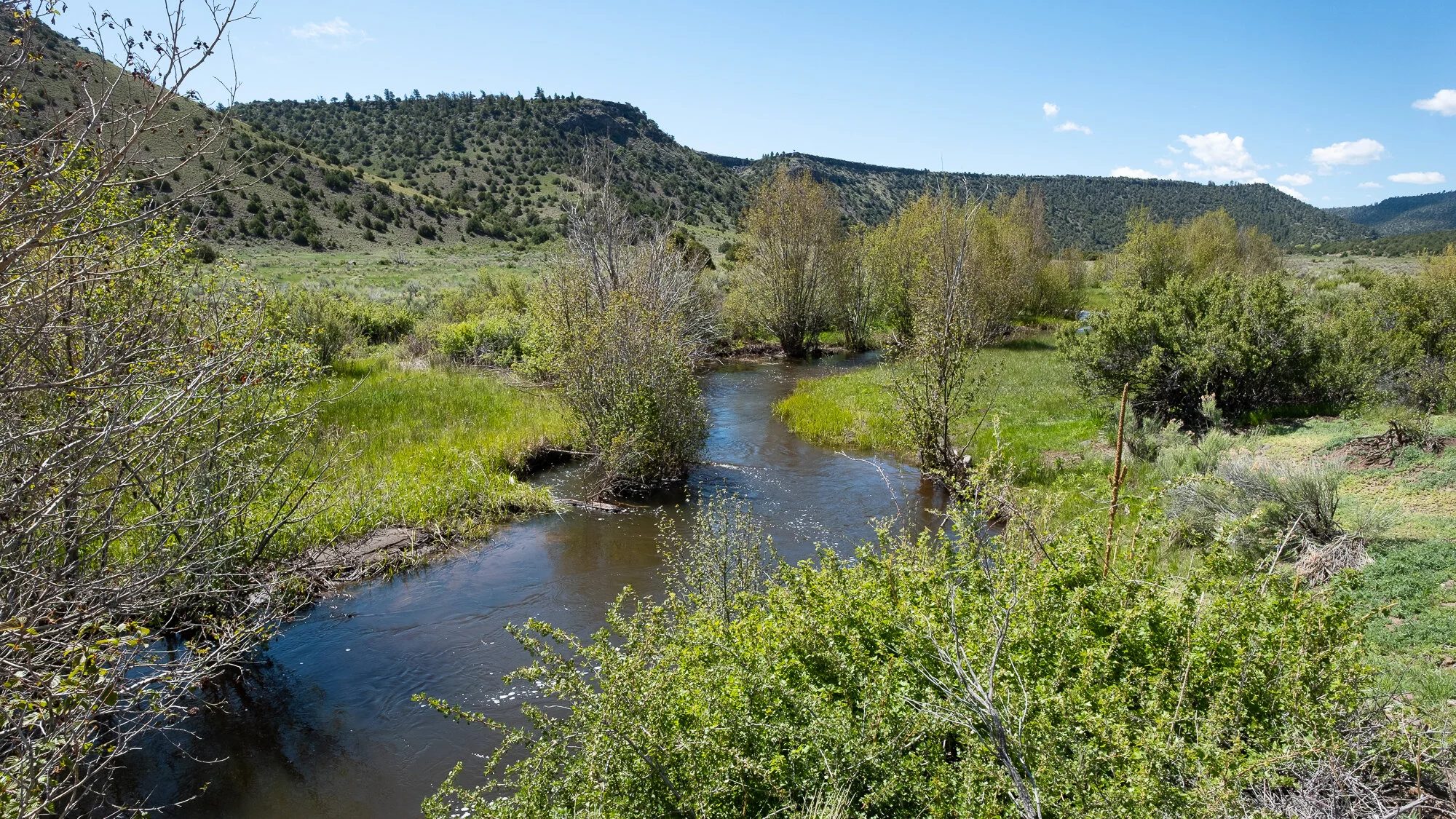The Fall 2021 edition of Saving Land Magazine features a story about using remote monitoring technologies - like satellite and aerial imagery - to monitor conserved lands. The story features our partners Colorado Open Lands and Colorado Cattlemen’s Agricultural Land Trust, as well as Keep It Colorado.
Q&A: The Importance of the Conservation Easement Enhancement and Rural Stimulus Act (HB21-1233)
RFP for a Justice, Equity, Diversity and Inclusion consultant
Keep It Colorado Grows Its Team: Welcome, Raina Roanhorse
Keep It Colorado has expanded its team with the addition of Raina Roanhorse, who joined the coalition as grant programs and administrative coordinator on September 1. Raina will support the nonprofit’s grant and regrant programs, which benefit the statewide coalition’s work to accelerate the pace and scale of private lands conservation.
Summer 2021 regional meetings: Coming together for conservation
Monitoring Conserved Lands from Space Pays Dividends for Colorado Land Trusts
Keep It Colorado and the Land Trust Alliance partnered to publish a study which shows that these technologies help land trusts reduce the costs, personnel hours and carbon emissions typically associated with observing and documenting changes to landscapes they have conserved. Several land trusts plan to add these technologies to their stewardship toolbox to be more efficient in their property monitoring activities in the future.
A case statement for conservation in the Arkansas Basin
Private, public lands have common interests
Conservation is the key to rural economic stimulus and climate solutions
Most everyone is aware of the ecological benefits of conserving land – clean water, healthy plants and wildlife, and rich habitat for animals, birds and fish. But two other critical outcomes of conservation immediately rise to the top for me: a strong economy and climate change mitigation. Most Coloradans agree.
Big Win for Conservation: Conservation Easement Tax Credit Modifications Passes into Law
On June 30, 2021, Governor Polis signed Conservation Easement Tax Credit Modifications (HB21-1233) into law. The legislation helps to accelerate land conservation in a state threatened by the ongoing climate crisis and population growth, and ensure that the state’s conservation easement tax credit program functions more effectively and efficiently.
A big win for land conservation: HB21-1233 passes
Keep It Colorado’s bill, HB1233 – Conservation Easement Enhancement and Rural Stimulus Act, passed in the Senate on June 7. This bill accomplishes some key policy priorities that will help increase the pace of land conservation and ensure that the conservation easement tax credit program functions as effectively and efficiently as possible.
A gap: Coloradans value conservation but could do more to support it
Keep It Colorado Awards $269,900 in Grants to Land Trusts to Help Complete Conservation Projects
Colorado Parks and Wildlife Invests $10,000 in Private Lands Conservation Planning
Spring Summit Showcases Conservation Projects Across Colorado
Protecting what we love: A coordinated plan for Colorado
Conservation Easement Enhancement and Rural Stimulus Act (HB21-1233)
Funding from Great Outdoors Colorado and Colorado Water Conservation Board Advances Private Lands Conservation Planning
Keep It Colorado Receives Funding from Great Outdoors Colorado to Provide Transaction Cost Assistance to Land Trusts and Landowners
Keep It Colorado has received $500,000 in grant funding from Great Outdoors Colorado (GOCO)’s Resilient Communities Program. The investment will enable Keep It Colorado to develop and administer a program to assist land trusts and landowners in covering the costs of transactions associated with conservation easements in 2021.
Keep It Colorado's Statewide Private Lands Conservation Plan
Keep It Colorado is developing the Statewide Private Lands Conservation Plan, a collaborative plan that rallies land trusts and partners around a unified vision for the future of private lands conservation in Colorado. Because 60 percent of lands in Colorado are privately owned, they account for a significant portion of the state that needs protection.




























